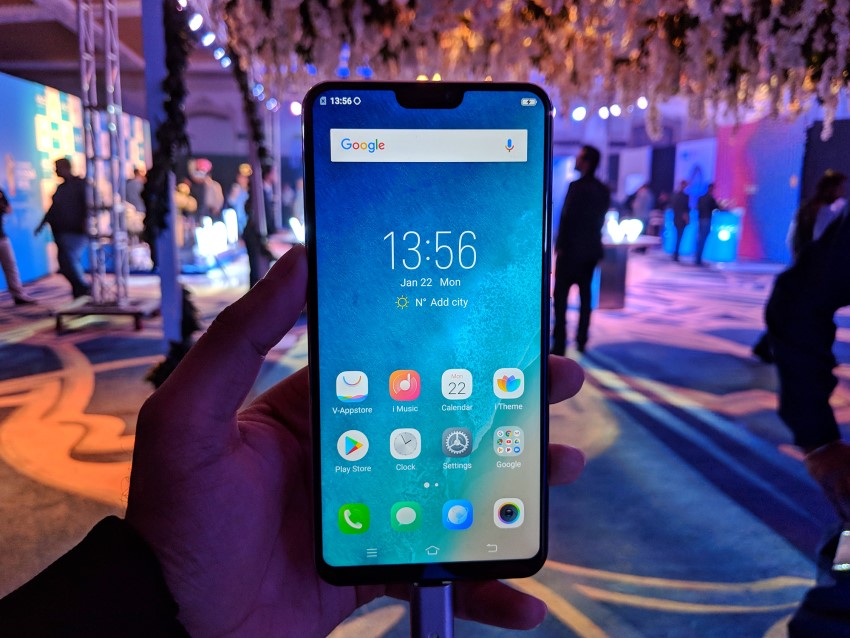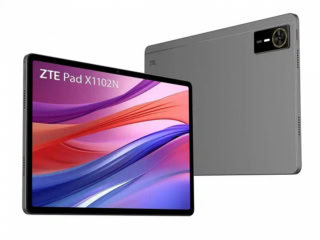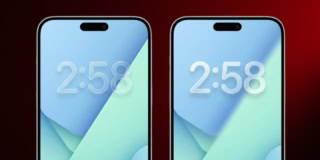Vivo’s new Face ID technology is tons better than Apple’s Face ID

Vivo launched back in 2009. It is one of the Chinese manufacturers that has taken the world by storm. Vivo has been in the news for the last few months for their innovative products. They have taken the lead in the bezel-less phone race this year with their smartphone, the Vivo Apex. Now, Vivo has introduced a refined version of their existing face ID tech. The new version is better than Apple’s Face ID, which has 30,000 data points.
Vivo’s Face ID has 300,000 data points, which is 10 times more than Apple’s Face ID. The new technology will work through a sensor placed beside the front camera. It works by sending out a ray of light and using it to calculate the Time of Flight (TOF) that it takes for the light to hit a face and come back to the sensor.
Vivo has presented the new technology at MWC Shanghai, which is happening at the time of writing. Company representatives have labelled this technology’s working as “Structured light”. This kind of technology has reportedly been pursued by other companies like Oppo as well but they have pulled out of the project quoting the project to be too “capital intensive” and “risky”. Vivo’s new technology has been demonstrated at MWC as well and spectators have reported the technology to be sensational. Their demonstration also makes them the first company selling Android smartphones to compete directly with Apple’s Face ID.
Speaking to a media outlet, a senior executive of Vivo said, “By combining TOF 3D Sensing Technology with AI, we will continue to explore new possibilities for a better future”.
The sensor which enables the use of this technology is also likely to be used for better selfies and portraits. Additionally, if the claim of a depth recognition range of 3 meters, the sensor could be used for motion gestures. The technology has only been announced as of now and an exact date for the commercial release has not been specified by the company yet. What do you think? Will Vivo’s technology beat Apple’s much-loved Face ID or will it go in history as yet another failed attempt at a generic face unlock?

He covers international technology and consumer products for TechJuice. Also the Partnerships Lead, directly handles all university and college affiliations.


 2 min read
2 min read
















